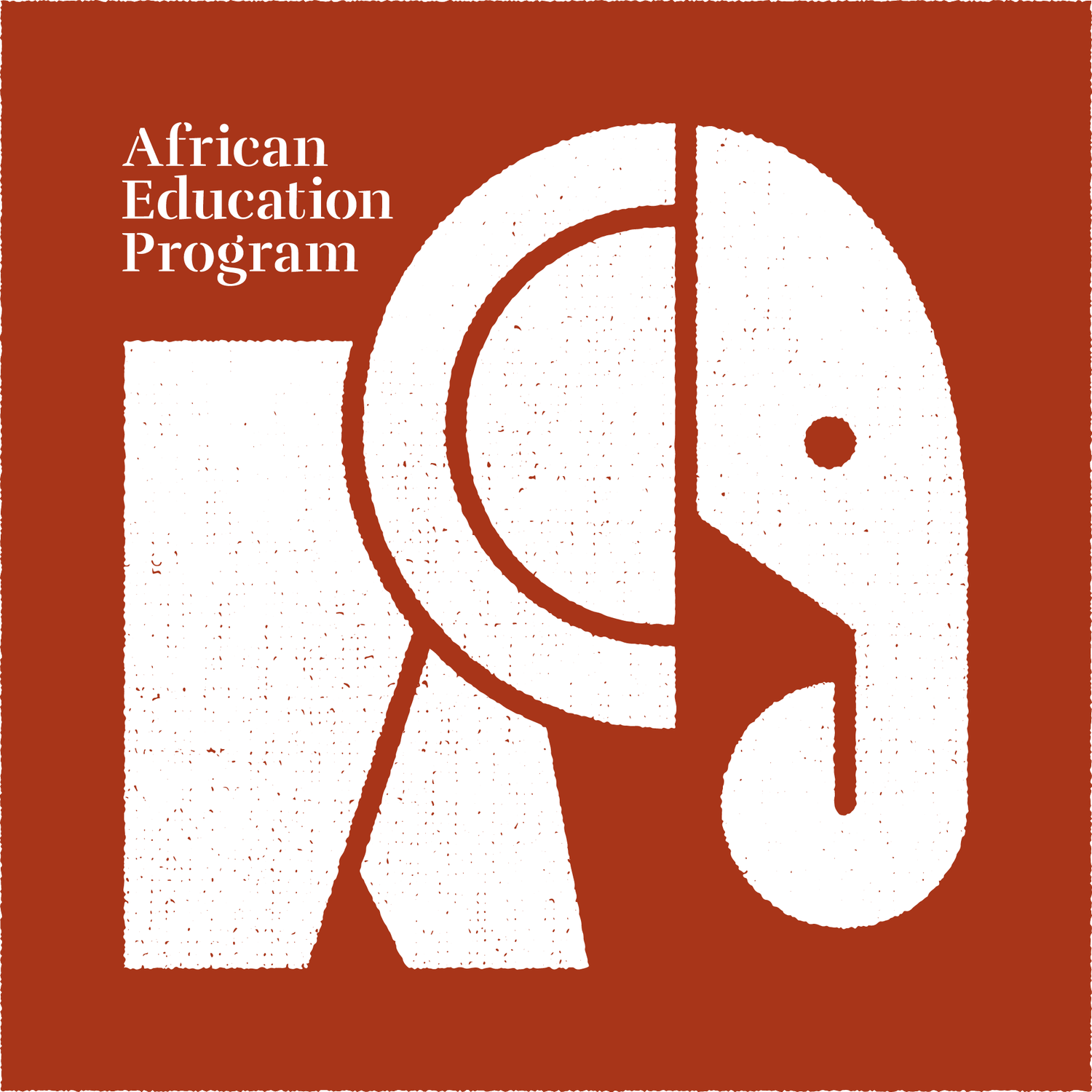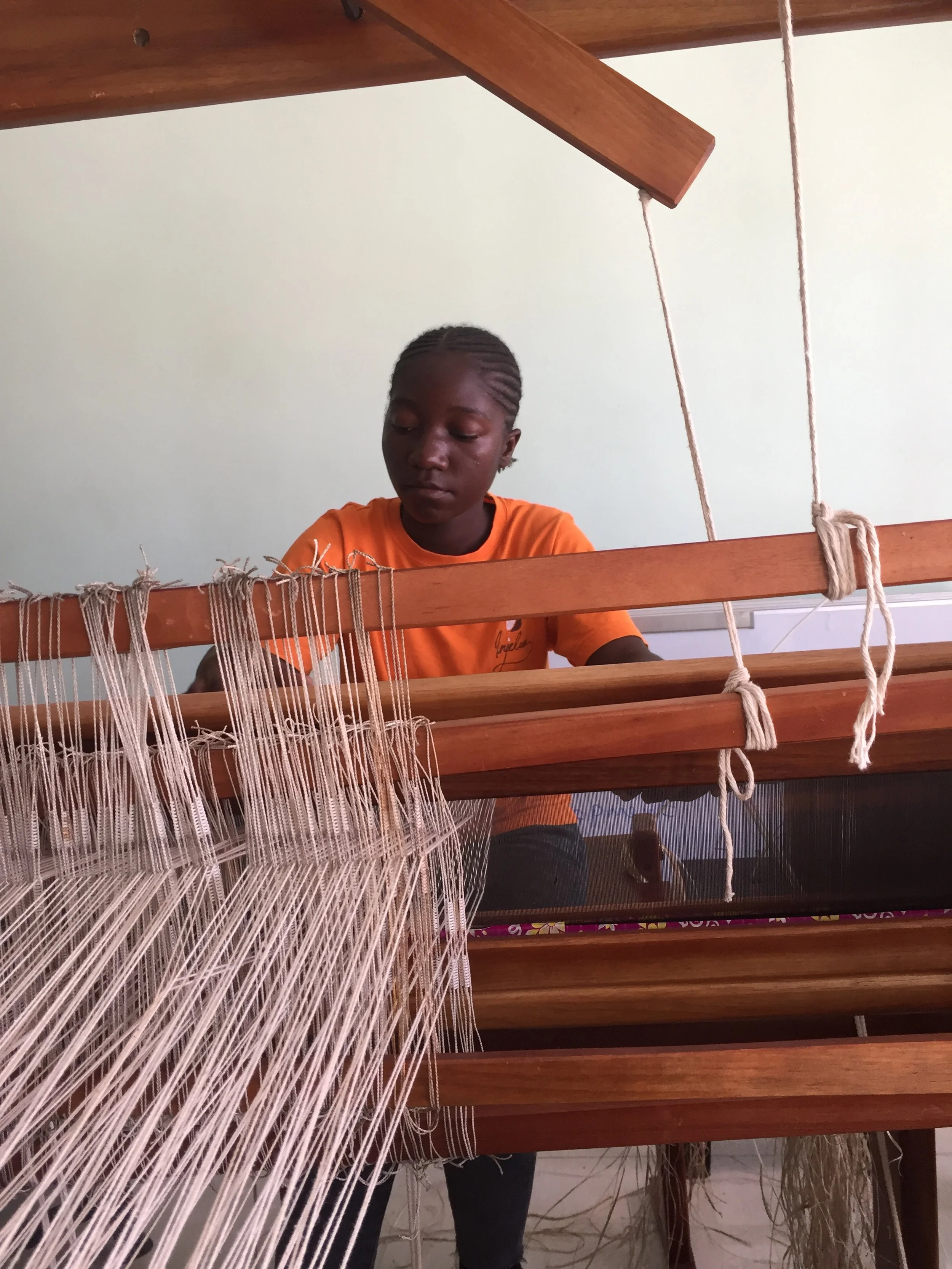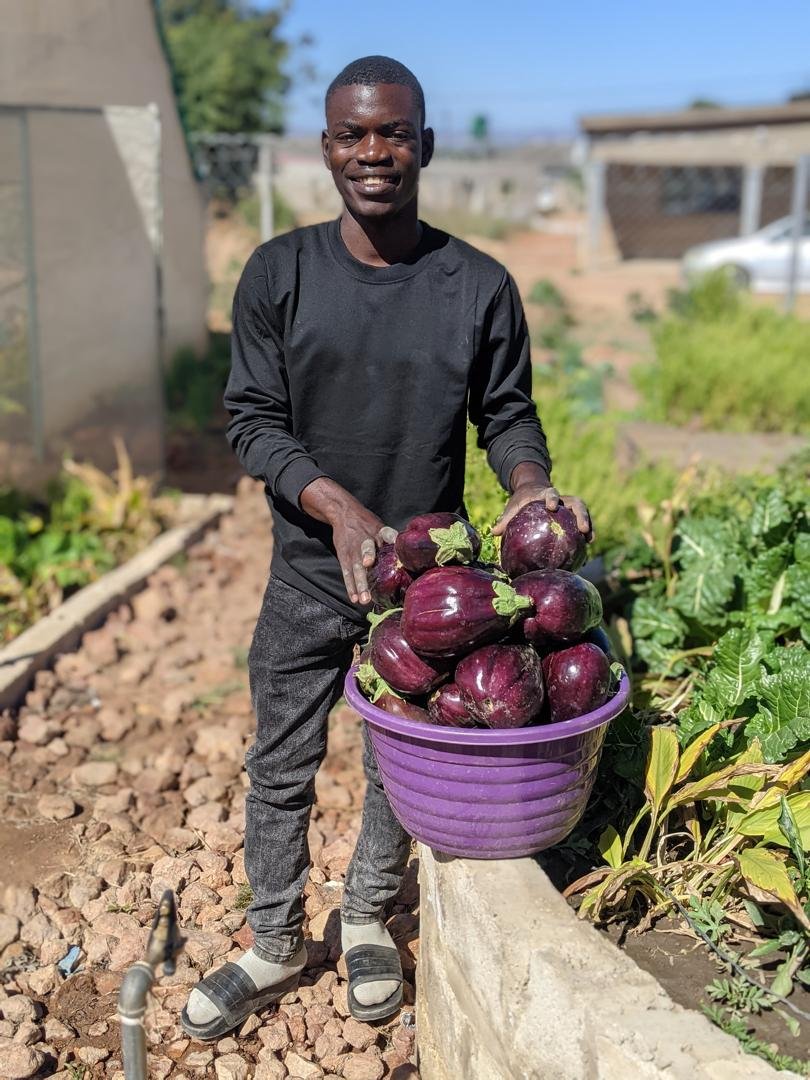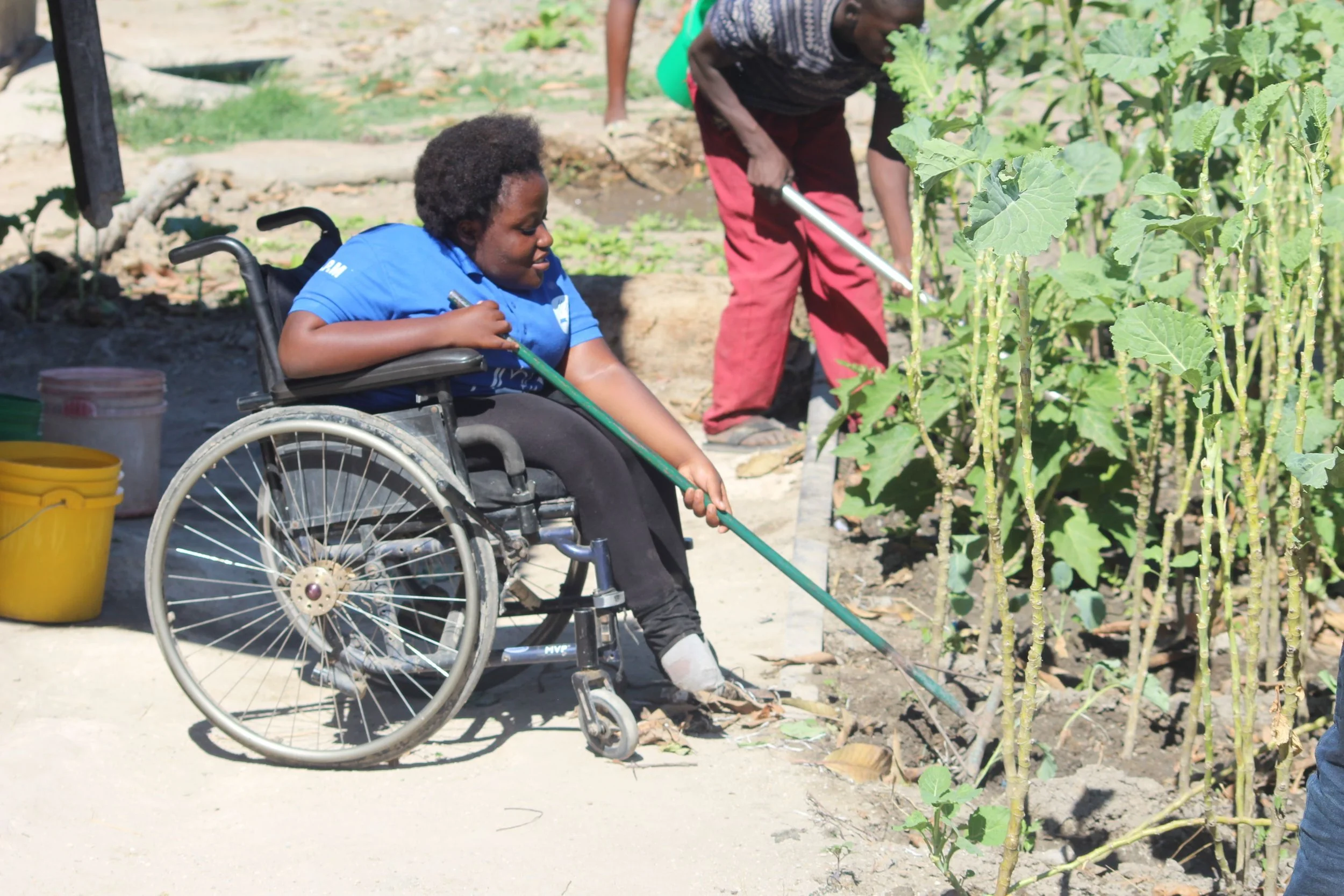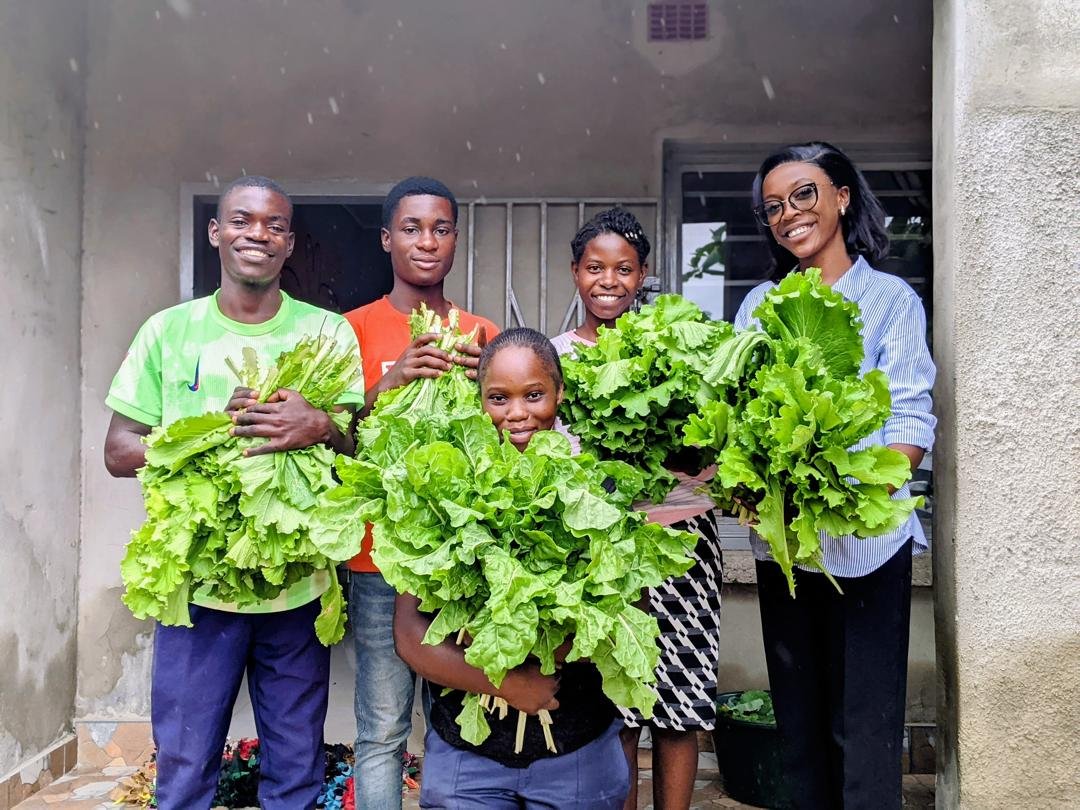Program Highlight
Grassroots Climate Solutions
We’re cultivating impact by equipping youth and women with the skills to regenerate soil through composting and grow high-yield backyard gardens and sustainable small-scale farms in their communities.
Did you know Africa is the most vulnerable continent to the impacts of climate change?
of household waste in urban Zambia is formally collected, yet more than 50% of it is organic and compostable (World Bank, 2021)
26%
of urban residents live in informal settlements with little access to green or arable land
(UN-Habitat)
70%
of children under five in Zambia suffer from stunted growth due to chronic undernutrition (ZamStats, 2021)
35%
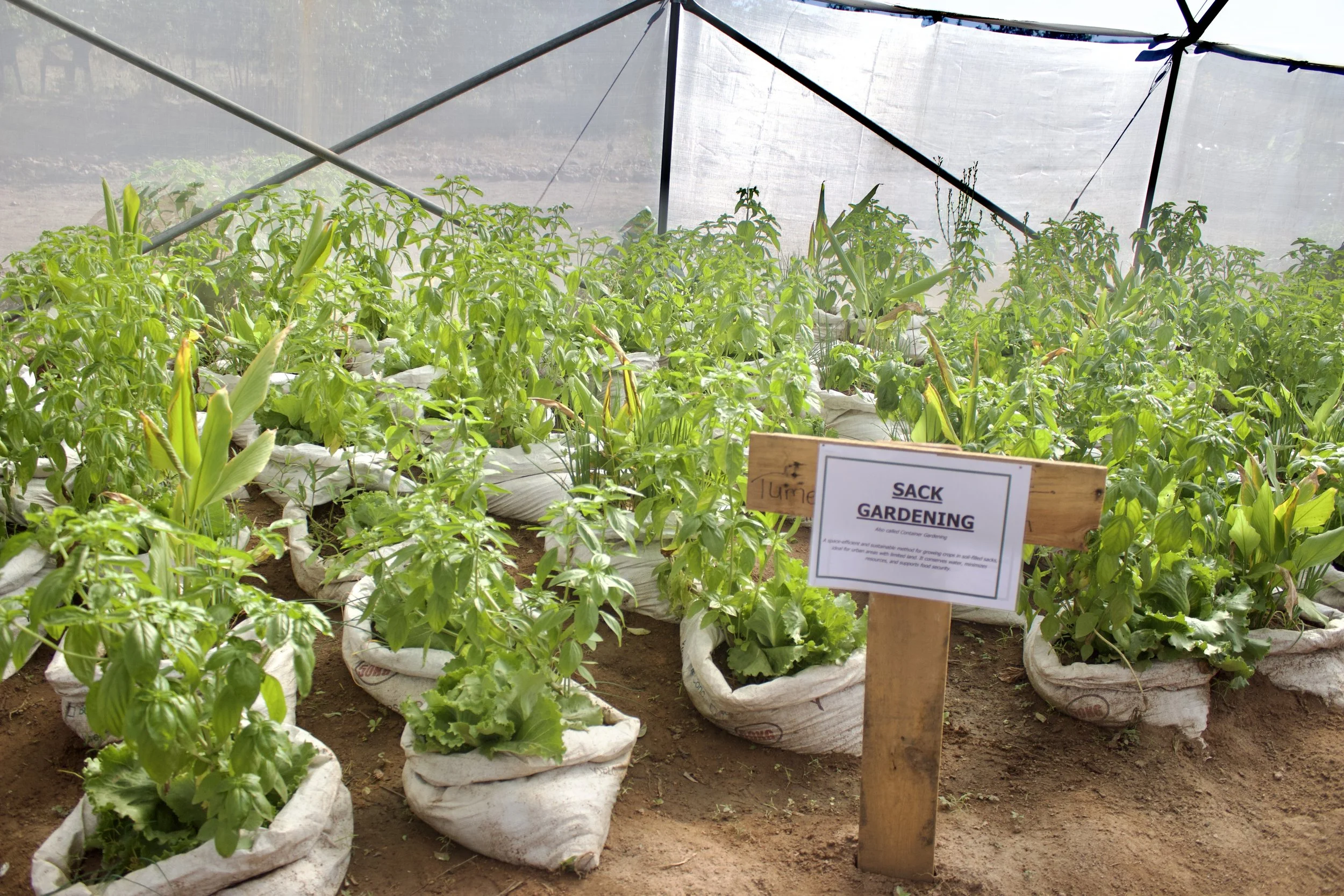
Building climate resilience in local communities will secure new opportunities for food and financial security while fostering skills development.
Our Approach: We create the space for youth and women to gain practical, hands-on training in sustainable agriculture helping to drive economic growth and food security.
-

Urban Farming
Youth will learn how to use limited spaces to grow crops through vertical gardens, raised beds, and keyhole gardens to create more equitable and sustainable food systems.
-

Permaculture
Youth will learn how to grow crops while minimizing environmental impact through earth-friendly best practices like polyculture, composting, natural pest management, and crop rotation.
-

Composting
Youth will learn how to transform food scraps into nutrient-rich soil for a greener, more sustainable Zambia. This way every food scrap becomes a solution and not a burden.
-
Biofabrication
Youth will learn how to turn plant-based substances into textiles and natural dyes, creating new opportunities for income generation in the community.
Success Spotlight
From Seeds to Success. The Kia Garden in Kafue, Zambia.
In April 2025, we launched Kafue, Zambia’s first Urban Farming & Permaculture Learning Space — The Kia Garden.
This new initiative was launched in collaboration with our partners the Amos Youth Centre (our flagship Learning & Leadership Center), Kia Middle East & Africa, and The Waste Lab.
In addition to the start-up capital to start The Kia Garden, this collaboration enabled us to develop a six-month pilot training program that will directly engage 100 youth in sustainable farming approaches.
Episode one of a three-part series about our exciting partnership between Kia Middle East & Africa (Kia) and The Waste Lab (TWL). Read our blog, “Behind the Scenes at The Kia Garden: Sowing Seeds of Change,” for more details and to view the other episodes.
Members of the African Education Program, the Amos Youth Centre, and local leaders celebrate the opening of The Kia Garden in Kafue, Zamba.
These skills are especially important in peri-urban environments and in informal settlements where there is limited space for farming.
The techniques taught and demonstrated at the learning space are designed to be simple, effective, and easily replicated in small spaces and backyard settings.
Success Spotlight
Rooted Together: Building Sustainable Communities in Kafue, Zambia.
In 2023, we began working towards our dream of creating a more sustainable Nutrition Program for the girls and boys at our flagship Learning & Leadership Center, the Amos Youth Centre, through a grant from the Big Green DAO.
5 community gardens
100 students trained
These gardens were established in Kafue through this initial grant from the Big Green DAO.
Students took part in a training through Solidaridad South Africa where youth learned how to grow locally sourced vegetables and fruits and how to manage and control pests.
One of these five community gardens is located at the Read for Rose Special Education Program. Read for Rose offers support and inclusive education to children with a variety of disabilities, including visual and hearing impairments, autism spectrum disorder and Down syndrome.
Through hands-on gardening activities, students develop practical skills, build confidence, and engage their senses in meaningful ways.
Vegetables harvested include kale, eggplants, spinach, onion, and pumpkin leaves. These harvested vegetables are used to supplement our Nutrition Program which provides a daily lunch for all of our students in Kafue, Zambia. Since Nov 2023 we have harvested nearly 8,000 pounds of vegetables.
At the Read for Rose Special Education Program the garden serves as both a therapeutic and educational space, where learners explore plant life cycles, practice teamwork, and gain a deeper understanding of where food comes from.
Community Voices
Meet Caston, Matron, and Kelly, Youth Ambassadors
Kia Garden Youth Ambassadors are high school graduates of our flagship Learning & Leadership Center. They are the ones leading daily operations at The Kia Garden and leading efforts in composting, planting, and cultivating eco-friendly fabrics.
-
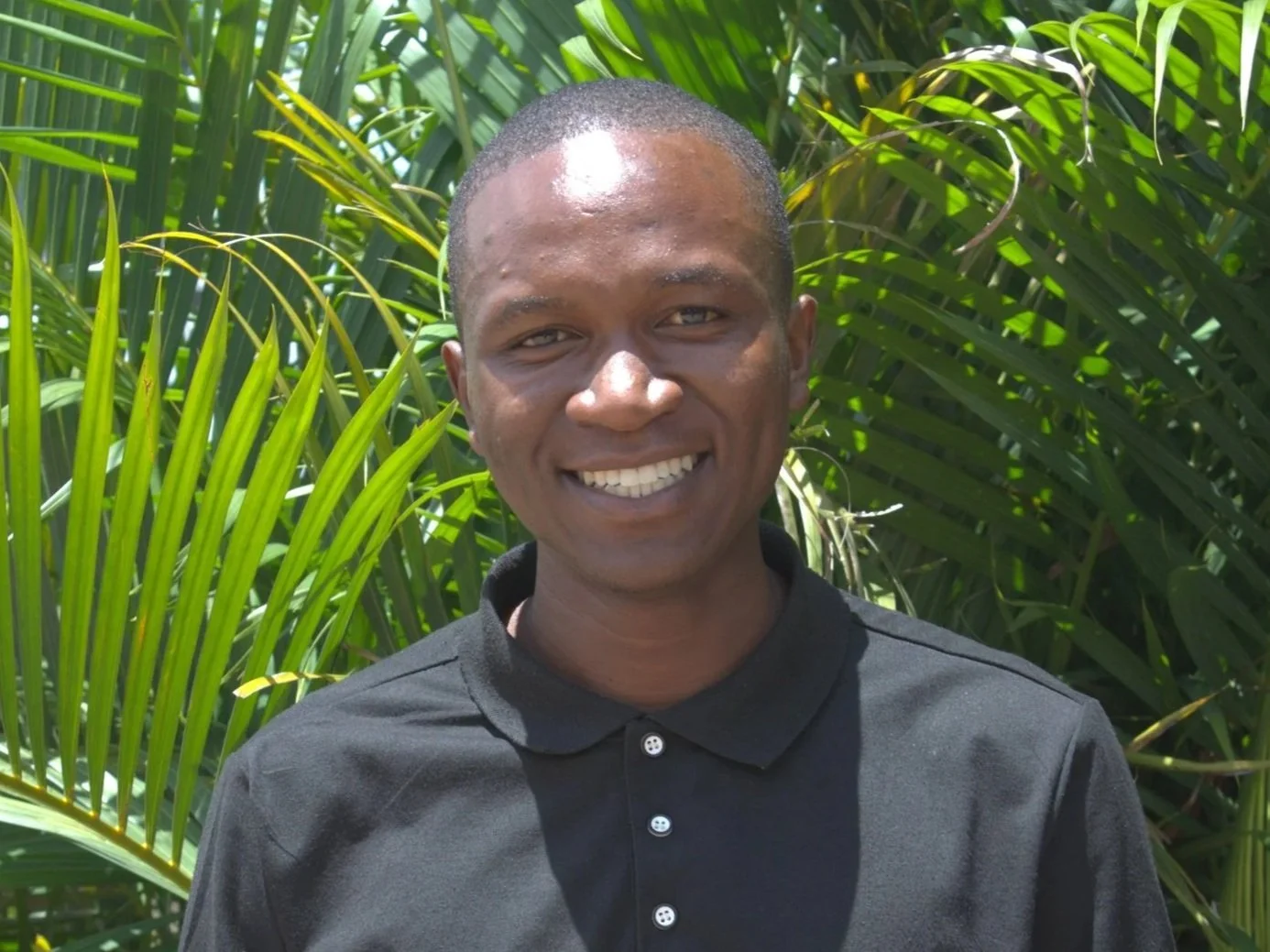
Caston
Caston says that he has learned about the different garden models, how to produce compost, and how to control pests and plant diseases.
“I want to reduce waste in my community and create job opportunities for my fellow youth.”
-

Matron
Matron grew up helping her grandfather tend to his garden - and her experience at the garden has made her more confident in her farming abilities.
“Young people should know that it is possible to have a garden, even in rocky and paved yards, by using the farming approaches taught at the garden.”
-
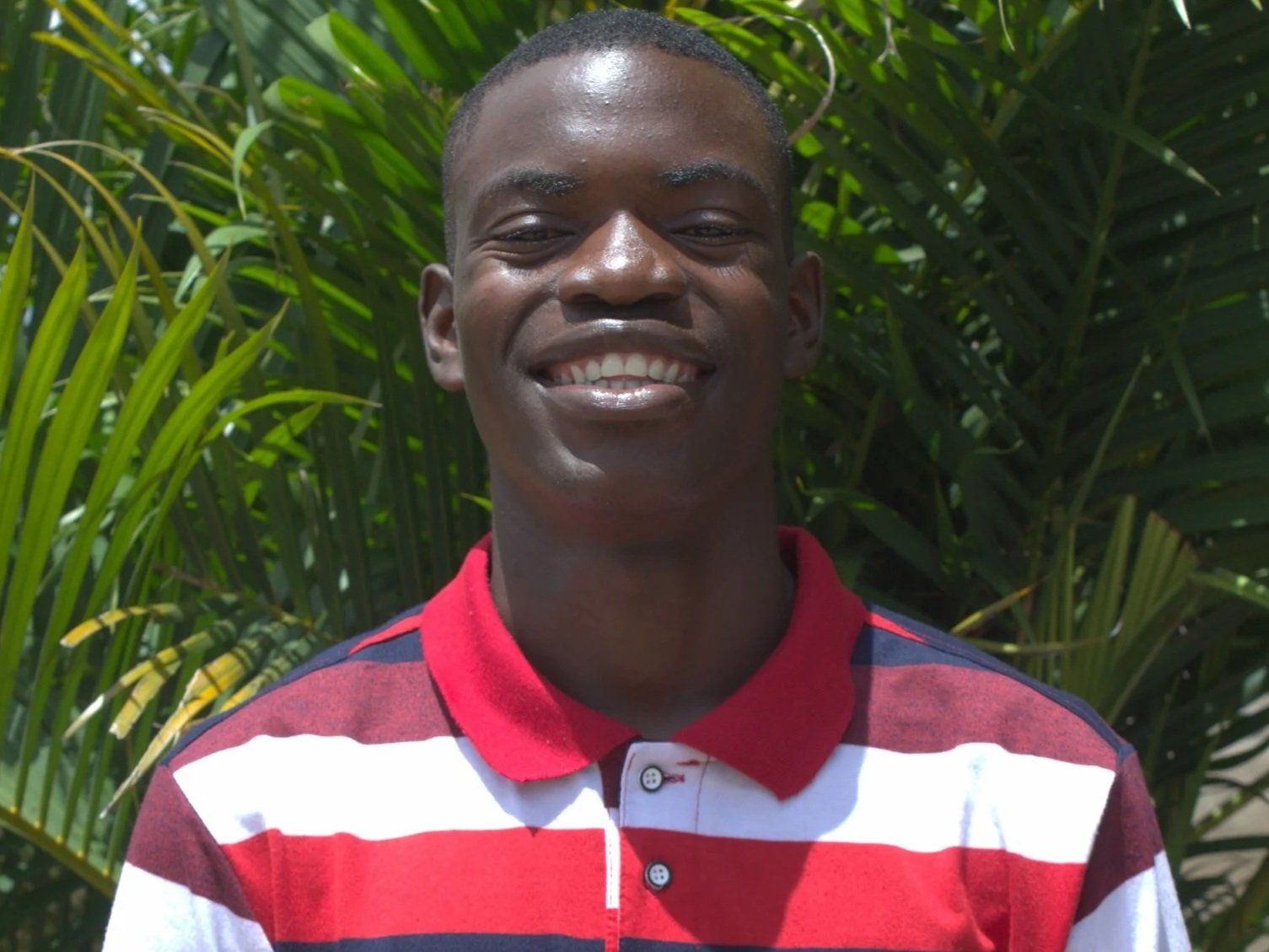
Kelly
Kelly says that working at the garden has taught him how to treat plant diseases, improve plant health, and become experienced in farming approaches that work well in limited spaces.
“I was first motivated to start working at the garden because I have always had a passion for taking care of living organisms and plants in particular.”

